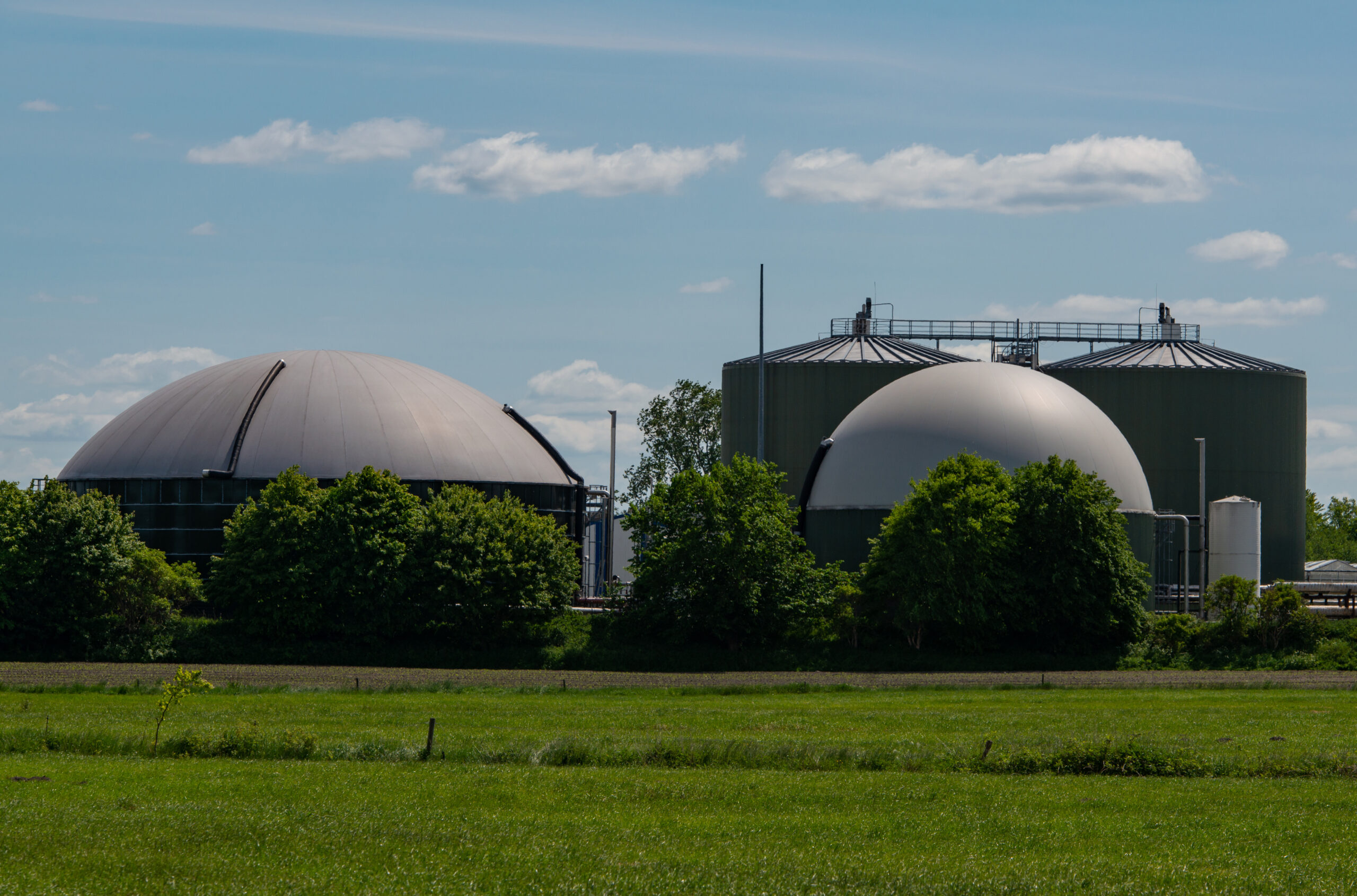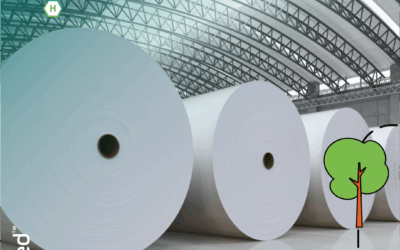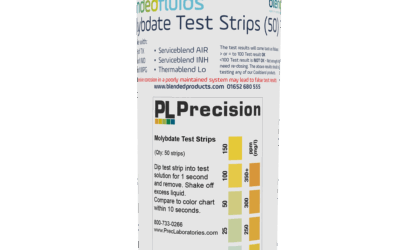The UK’s carbon dioxide (CO₂) supply chain is more fragile than most people realise. With essential industries—from food and drink to water treatment and healthcare—reliant on a steady CO₂ supply, the cracks in our national infrastructure pose serious risks. Every summer, the problem resurfaces: shortages, price spikes, and even government bailouts.
But these aren’t fluke events. They’re symptoms of a structurally flawed system that’s overdue for reform.
At Blended Products, we believe VeCO₂™ —our plant-based, certified vegan CO₂—is not just a sustainable alternative, but a strategic solution to long-standing instability

The underlying problem: Ammonia and an outdated supply model
In the UK, until recently, industrial CO₂ supply is heavily dependent on ammonia production, which uses the Haber-Bosch process—a fossil-fuel-intensive method that combines nitrogen with hydrogen derived from natural gas. It’s incredibly carbon-intensive. In fact, for every tonne of ammonia produced, between 1.6 and 2.0 tonnes of CO₂ are emitted, unless specifically captured.
Ammonia production is seasonal—especially in the UK. Demand falls in the summer months, so production slows or halts entirely. Because CO₂ is a byproduct, supply dries up too. This annual drop-off leaves essential industries scrambling, exposing the fragile link between a fossil fuel-driven process and the national CO₂ supply.
Case in point: The 2021 Government bailout
This isn’t just theory. In September 2021, the UK government was forced to subsidise CF Fertilisers, one of the country’s two major ammonia producers, to avoid a national CO₂ crisis. The situation was so urgent that the state stepped in to keep operations running—even though the facility itself wasn’t profitable—just to maintain CO₂ flow to key industries.
This episode exposed a major flaw: the UK CO₂ supply chain is reliant on a small number of vulnerable fossil-fuel-linked producers. It’s an approach that’s economically, environmentally, and strategically unsustainable.
The Solution: VeCO₂™ – A market-drive, sustainable solution
VeCO₂™ , developed by Blended Products, offers a reliable, future-fit alternative. Captured from anaerobic digestion (AD) using plant-based feedstocks, VeCO₂™ isn’t a byproduct of fossil fuel combustion—it’s the result of a controlled, short-term carbon cycle.
That means:
- The carbon originates from recently photosynthesised plant material (not ancient fossil reserves)
- The process can be powered by renewable electricity or biogas, making it highly efficient
- Lifecycle analysis shows that CO₂ from AD has a significantly lower carbon footprint than ammonia-derived sources
By comparison, CO₂ from traditional ammonia production is part of a long-term fossil carbon cycle, inherently adding new carbon to the atmosphere. In contrast, VeCO₂™ simply returns existing carbon to the system—making it lower-carbon and potentially carbon-neutral, depending on how the process is powered.
Research indicates that carbon dioxide (CO₂) captured from anaerobic digestion (AD) of plant-based feedstocks has a significantly lower climate impact compared to CO₂ derived from fossil fuels. Here’s an overview of the key findings:
Biogenic vs. Fossil CO₂: Understanding the difference
CO₂ from AD is considered biogenic, meaning it’s part of the natural carbon cycle. Plants absorb CO₂ during growth, and when this biomass is processed through AD, the released CO₂ doesn’t add new carbon to the atmosphere. In contrast, burning fossil fuels releases fossil CO₂, introducing carbon that has been sequestered underground for millions of years, thereby increasing atmospheric CO₂ levels. IEA Bioenergy
Climate Impact: Quantitative comparisons
- Agricultural residues: Diverting agricultural residues to bioenergy through AD results in CO₂ emissions with only 0.3%–2.9% of the global warming potential (GWP) compared to CO₂ from fossil fuel combustion over a 100-year period. Wiley Online Library
- Electricity production: Generating electricity from biogas via AD can reduce greenhouse gas emissions by 0.188 to 1.193 kg CO₂-equivalent per kilowatt-hour compared to fossil-based electricity. ScienceDirect+1PMC+1
- Biogas upgrading: Upgrading biogas to biomethane by separating CO₂ not only produces a renewable energy source but also captures biogenic CO₂, which can be utilised or stored, further mitigating climate impact. Anaerobic Digestion
Considerations for Feedstock sources
While AD of plant-based feedstocks is generally beneficial, the source of the biomass matters:
- Peatland cultivation: Growing energy crops like maize on drained peatlands for AD can release more CO₂ than the fossil fuels they aim to replace. Draining peatlands exposes long-sequestered carbon to oxidation, leading to significant CO₂ emissions. Lab Manager
The source of VeCO₂™ current feedstock includes:
- Vegetables
- Maize
- Rye
- Sugar Beet Pulp
- Sugar Beet Fines
Our CO₂ is captured from anaerobic digestion using waste from leafy greens and vegetables grown for UK supermarkets — a truly biogenic source. Unlike fossil fuel-derived CO₂ or crop-based systems on sensitive land like peatlands, our process recycles food waste that would otherwise release methane, delivering a sustainable, low-carbon alternative.
CO₂ captured from anaerobic digestion of plant-based feedstocks is more environmentally sustainable than CO₂ from fossil fuels, primarily because it recycles existing atmospheric carbon rather than introducing new carbon. However, the overall climate benefit depends on responsible feedstock sourcing, avoiding practices like cultivating on drained peatlands that can negate these advantages.
Why businesses should act now
Early adopters of VeCO₂™ aren’t just ensuring supply resilience—they’re gaining a strategic advantage:
- Improve sustainability credentials with a plant-based, certified vegan CO₂
- Strengthen ESG reporting with a demonstrably lower-carbon footprint
- Avoid seasonal shortages and market volatility
- Support the circular economy, with emissions reduction at the core of operations
In a time when carbon reporting, green procurement, and scope 3 emissions tracking are becoming business-critical, switching to VeCO₂™ helps companies future-proof operations and meet their climate goals.
Let’s Build a Better CO₂ System
It’s time to move beyond a system built on fossil-fuel byproducts, seasonal uncertainty, and emergency bailouts. The UK needs a diverse, sustainable, and resilient CO₂ supply—and VeCO₂ is leading the way.
Whether you’re in food production, packaging, beverage, water treatment, or beyond, VeCO₂™ offers a smarter, greener, and more secure option.
Get in touch with Blended Products today to learn how your business can close the gap—and stay ahead of the curve.







